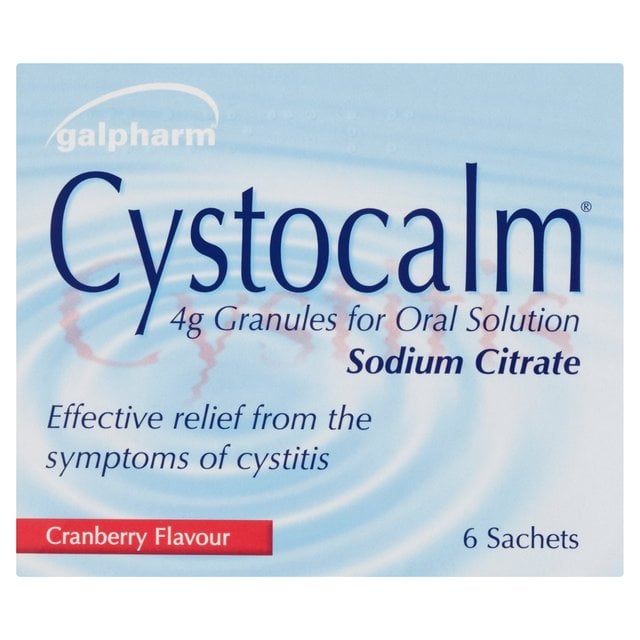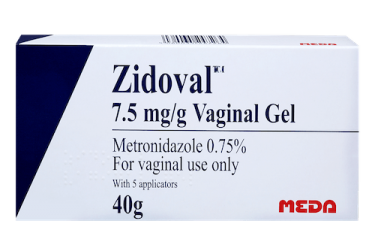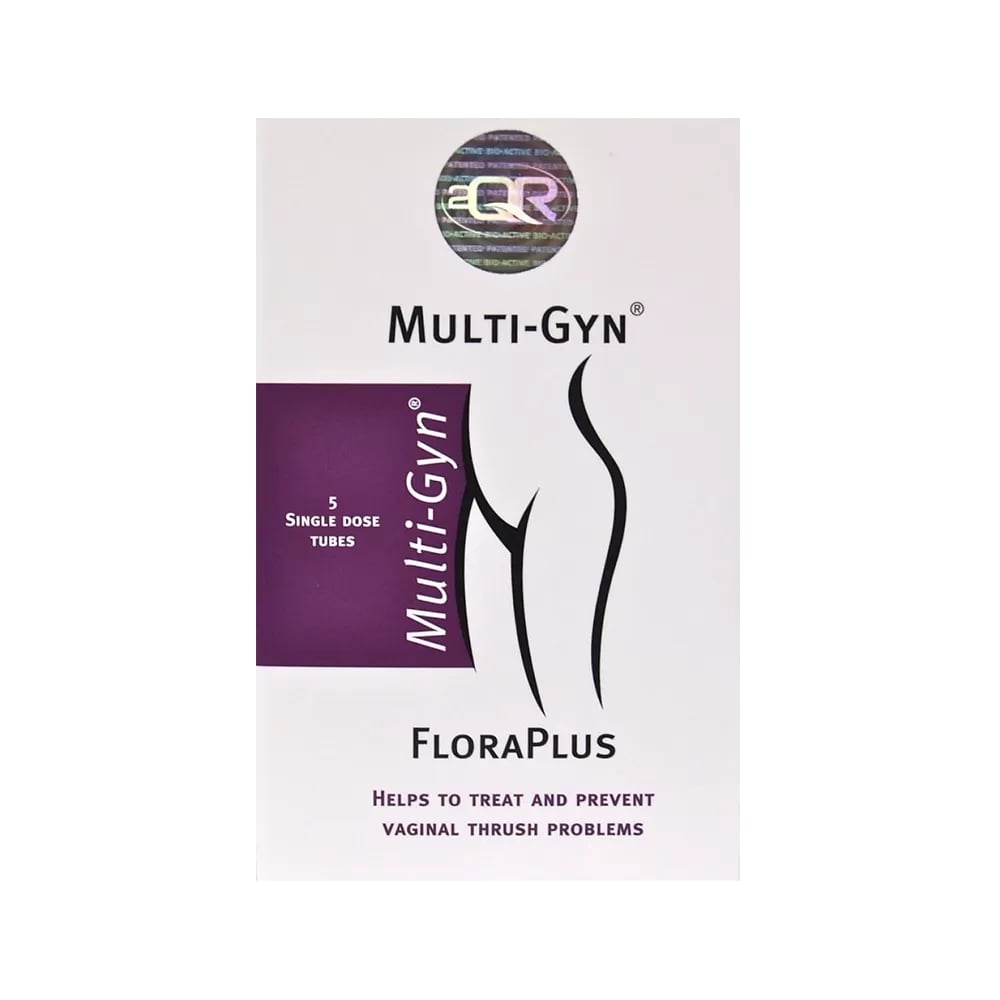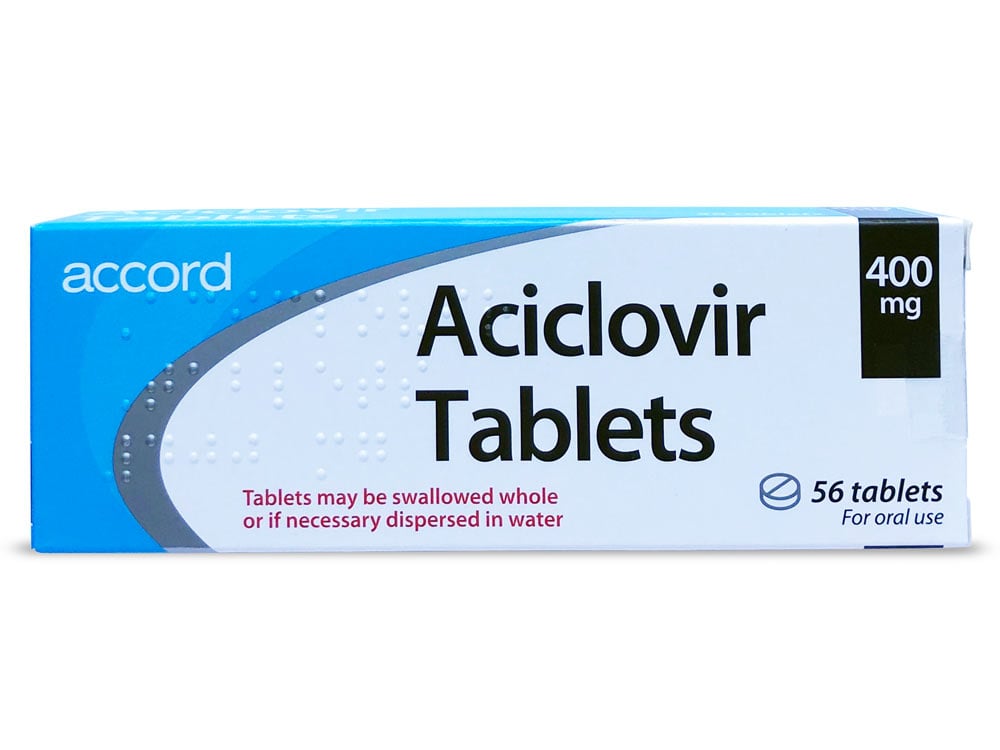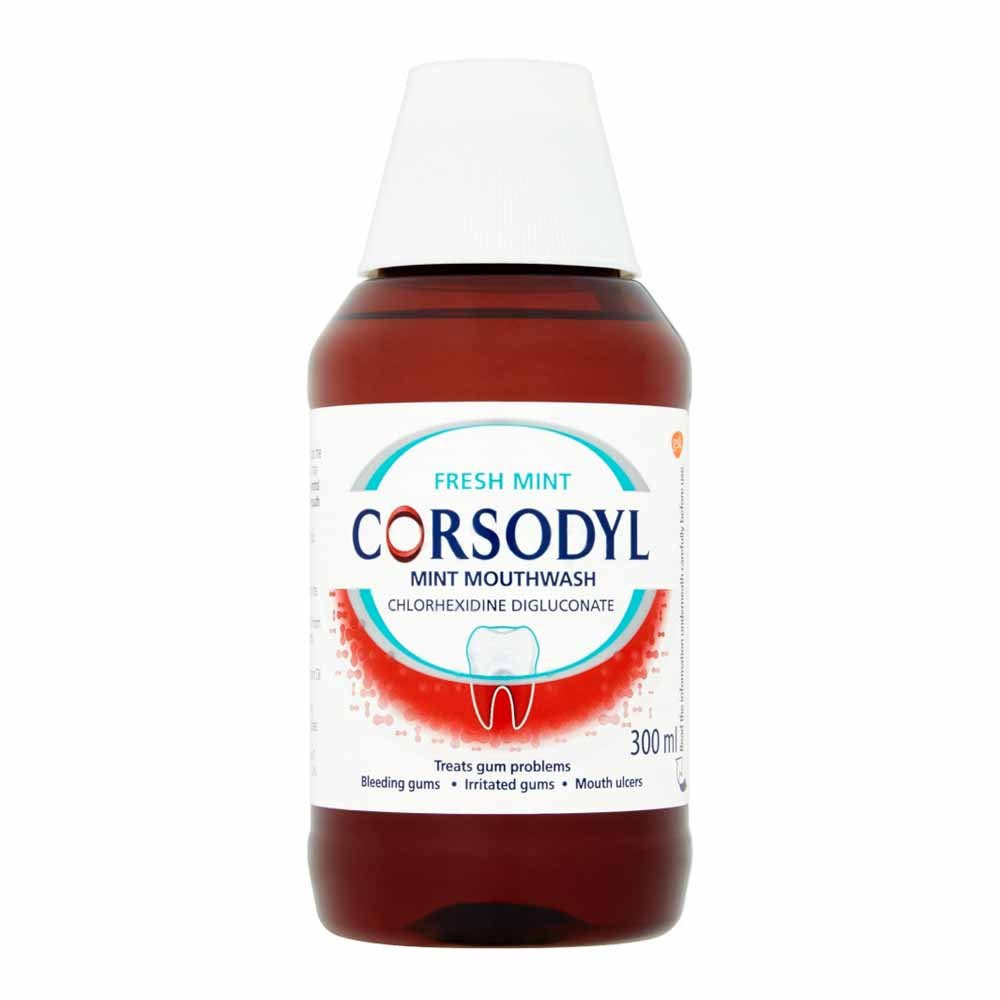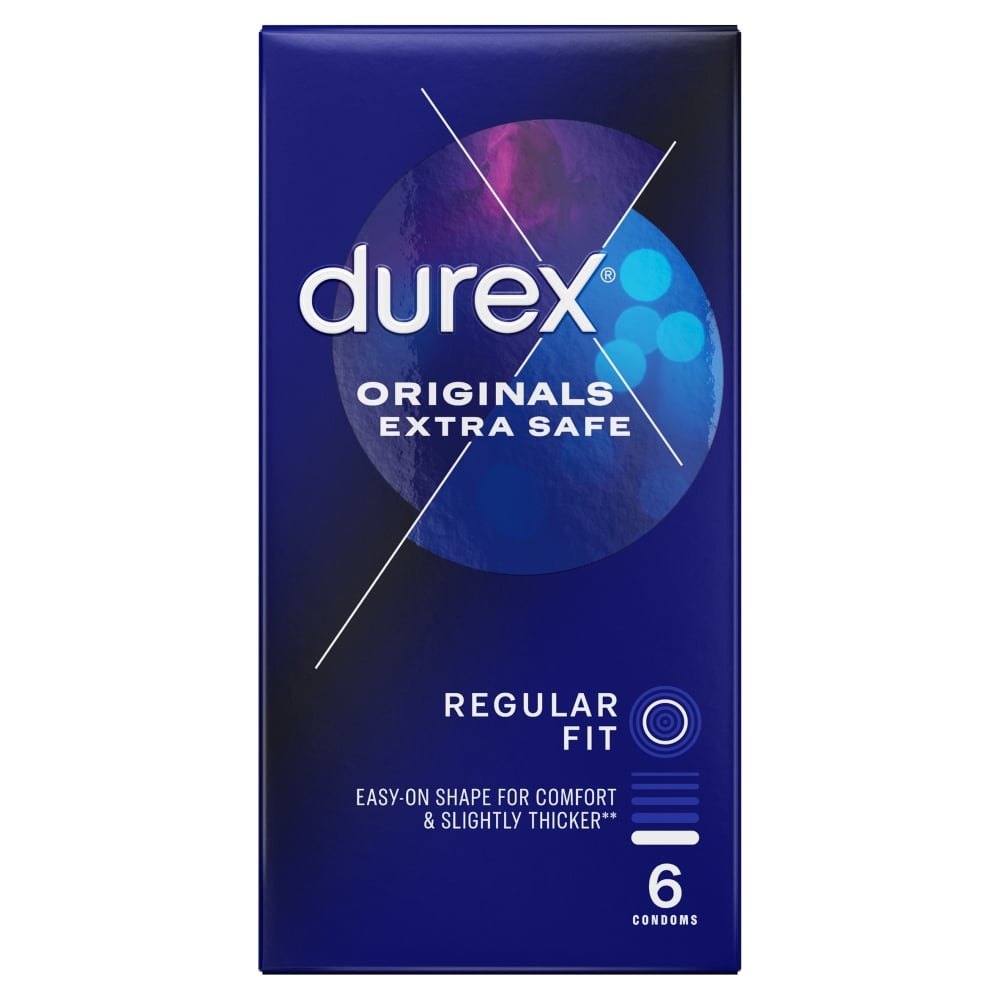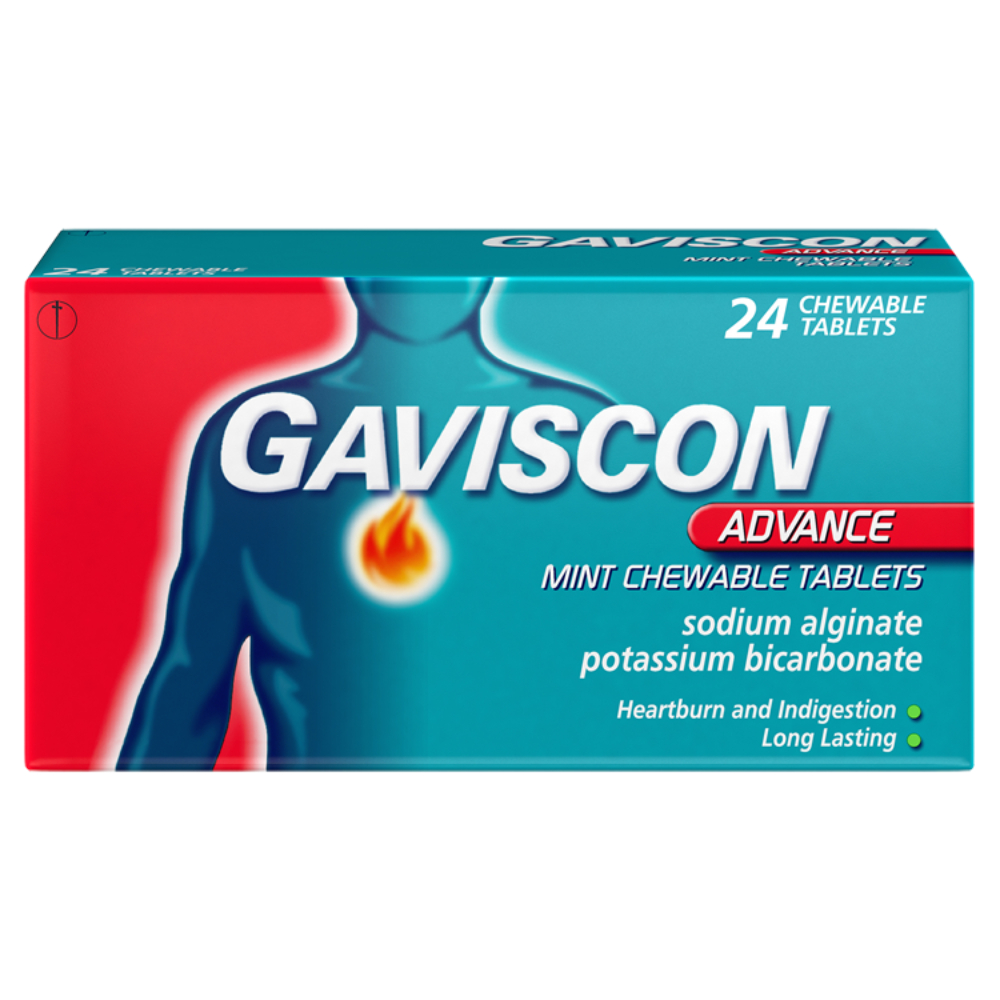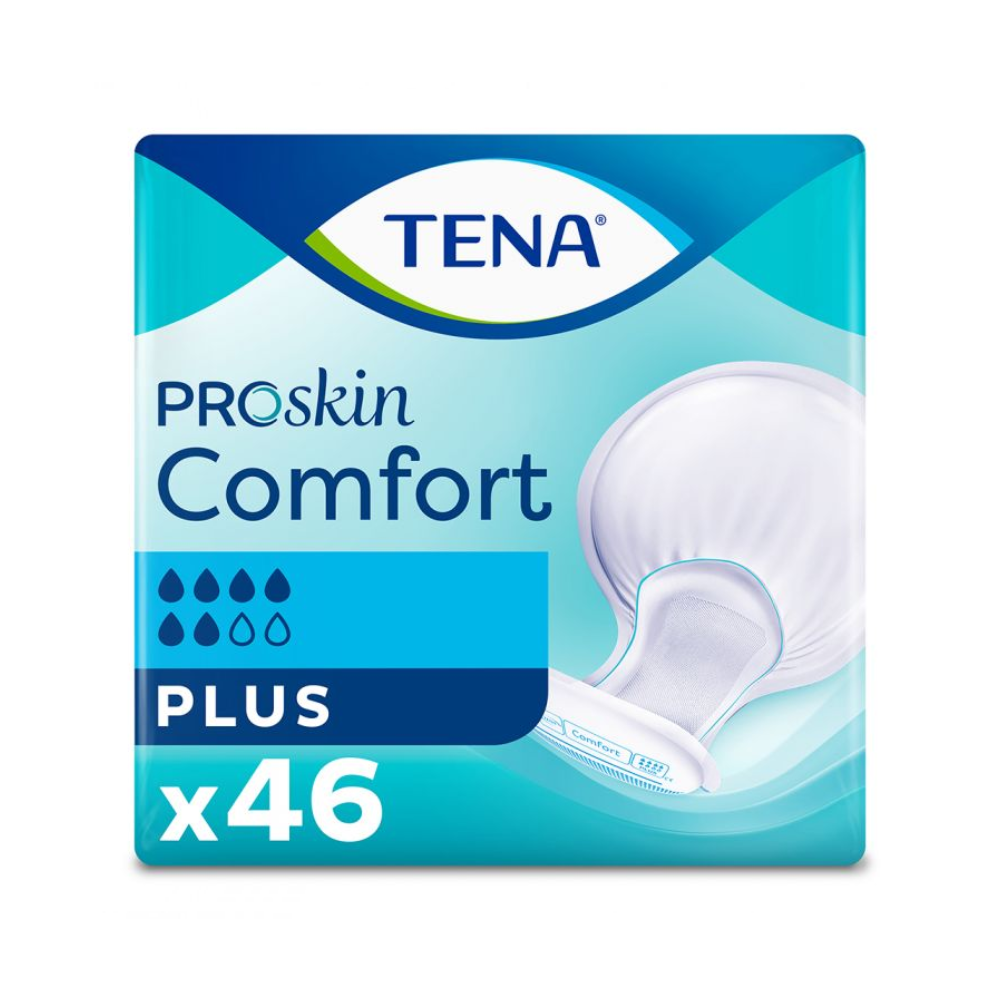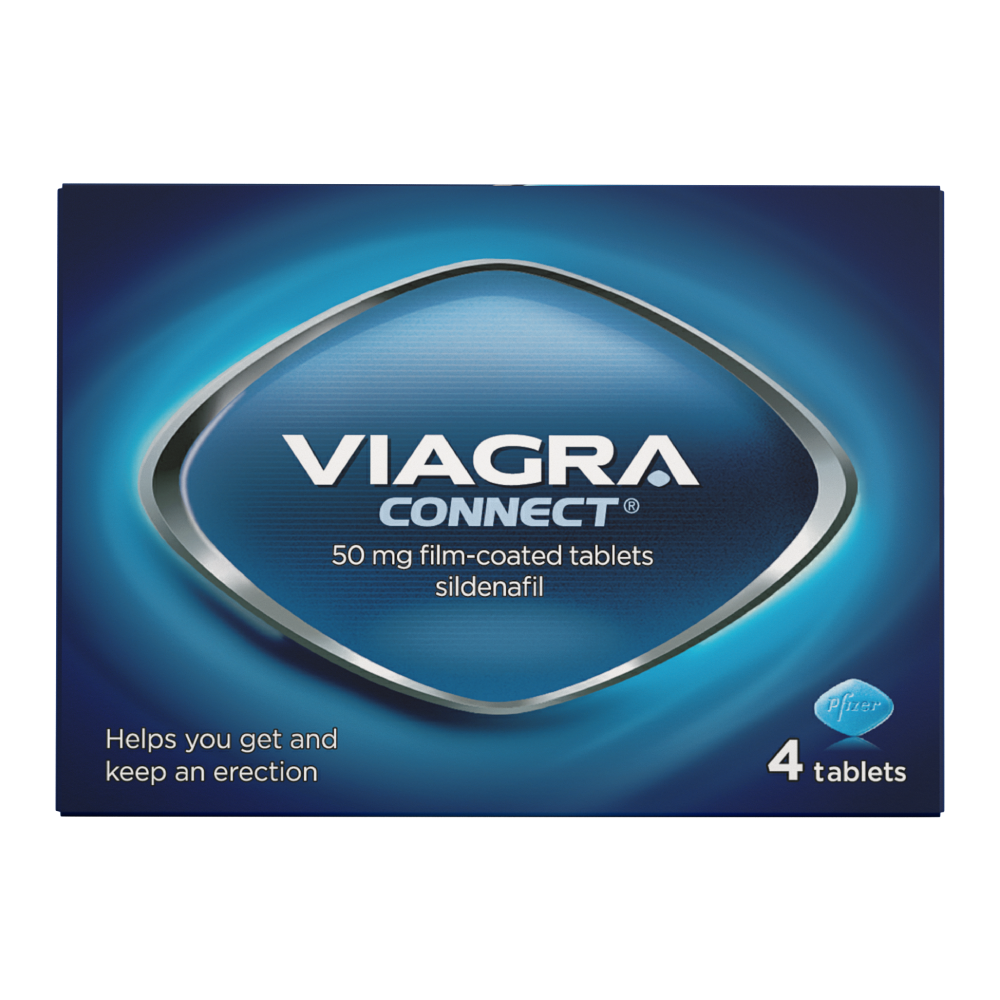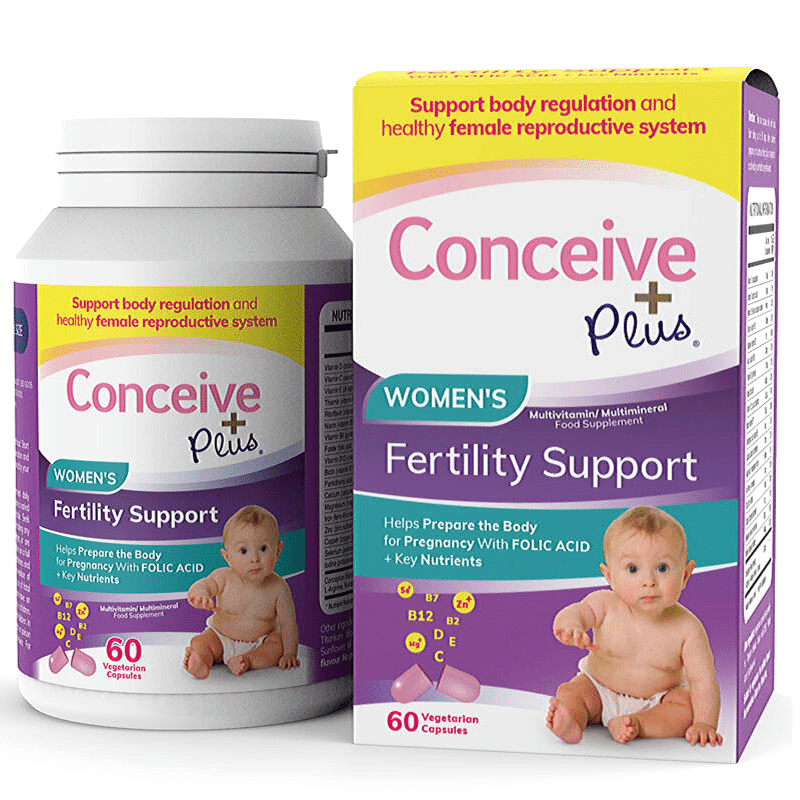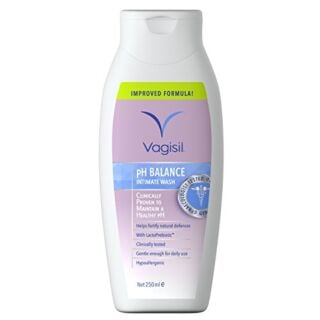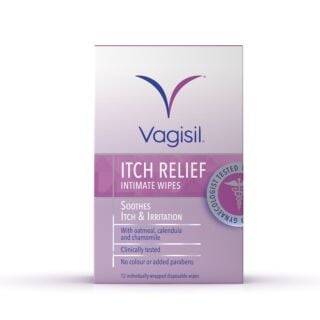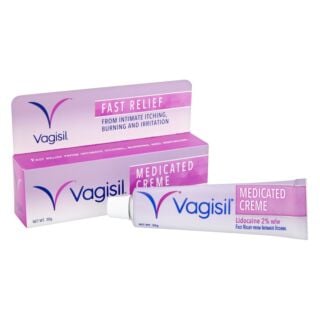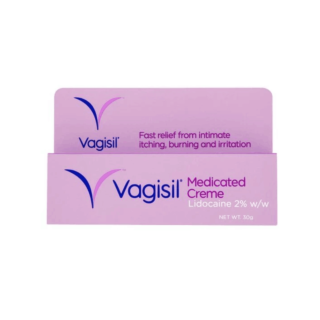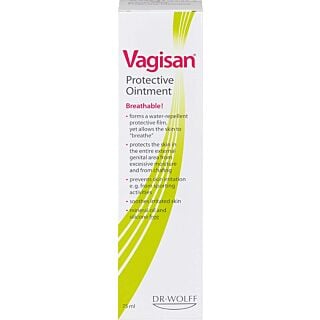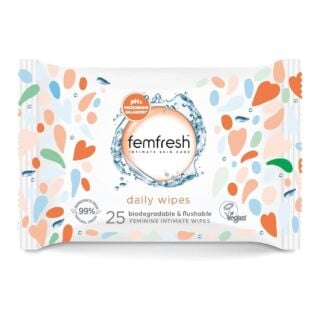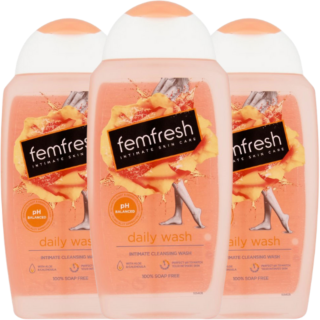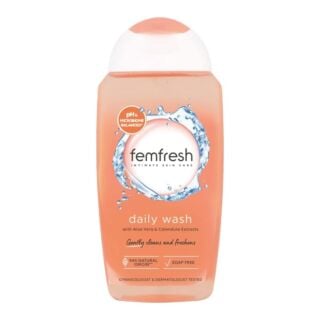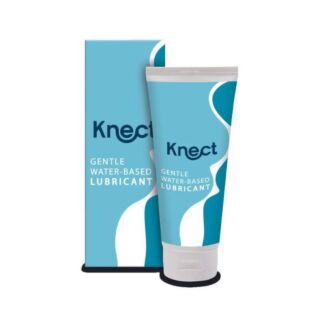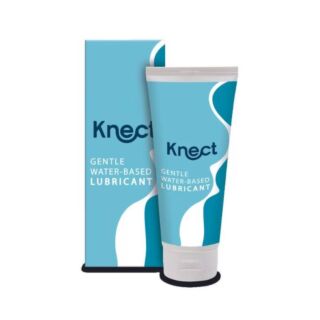Intimate Care
Half of all the people on the planet have a vulva, yet many don’t use the correct terminology for female genitalia.1 Often, the vulva is referred to as the ‘vagina’.1 But the vulva is made up of much, much more than just the vagina (the muscular canal through which you have periods, become pregnant and give birth).1 … Read More See less
If we don’t know how to refer to the vulva correctly, it begs the question… do we really know how to look after it? For the part of our bodies that’s involved in everything from sexual pleasure to reproduction and urination, we really don’t know enough about it.
So, it’s time to talk about intimate hygiene. In this article, we’ll be breaking down the female anatomy, how to care for your vulva and vagina and the best products for vaginal odour. Let’s help you learn how to keep your intimate parts happy and healthy.
What is the vulva?
‘Vulva’ is the medical term used to describe the external part of the female genitalia.2,3 It includes the:2,3,4
- Mons pubis –the mound above the vulva covered by pubic hair
- Labia majora –the hairy outer lips that surround the inner vulva
- Labia minora –the non-hairy inner lips
- Clitoris –the pea-sized organ at the top of the labia minora, below the mons pubis
- Urethra –the tube which passes urine
- Vestibule –the entrance to the vagina
- Perineum –the bridge of skin and muscle at the bottom of the labia majora, between the vaginal opening and the anus
Why do I need to examine my vulva?
The vulval skin is extremely sensitive.2,3 This means it’s easily irritated by everyday products and certain medical conditions, which can cause itching, dryness or soreness.1–5
So, being aware of how your vulva looks and feels is an important part of maintaining your overall health. And if you are aware of how it looks and feels when it’s healthy, you can spot when something has changed, which may be an indicator that something isn’t quite right.4
How to examine your vulva
You should examine your vulva in a private place, such as your bedroom, holding a mirror in one hand.2,4 Try and look at each part of your vulva individually, starting at the top and working your way down.2,4
You should look out for:2,6,7
- Changes in your skin colour, such as whitening or increased skin pigmentation
- Thickening of the skin (e.g. Warts or skin tags)
- Ulcers or sores
- Itching or soreness
If you find an abnormal area, get in touch with your GP for an examination.4
What can cause vulval irritation?
Vulval irritation is a symptom, not a condition in itself.7,8 It can be caused by many different conditions, infections and disorders, such as:1,4,7,8
- Thyroid disease
- Bacterial vaginosis
- Diabetes
- Sexually transmitted infections (e.g. chlamydia, gonorrhea)
- Anaemia
- Hay fever
- Asthma
- Eczema
- Scabies
- Vulvitis
- Lichen sclerosis
- VIN (vulval intraepithelial)
- Lichen planus neoplasia)
- Vulval dermatitis (lichen simplex)
- Thrush
- Vulval atrophy
- Psoriasis
- Vulvar cancer
Vulval skin irritation can also be caused by too much moisture, heat or rubbing.7,8
If the skin of your vulva is irritated due to an underlying condition, this will need specific treatment.9 However, even after a condition has been treated, the skin may not return to normal straight away if you are in an itch-scratch-cycle with your skin.9
For example, if your skin is inflamed and itchy, every time you scratch it you damage the skin further.9 This can prevent your vulval skin from healing effectively and prologue the irritation.9 As a result, it’s important to understand what steps you can take to ease the irritation and help your vulva to heal.
The dos and don’ts of vulval care
To help your vulva heal from irritation:2,3,5,8
Do
- Avoid using products that can irritate your vulval skin, such as:
- Soap
- Women’s sanitary napkins
- Bubble bath
- Shower gels
- Talcum powder
- Feminine wipes for women
- Perfumes
- Deodorants
- Antiseptics
- Women’s intimate wash
- Fragranced washing powders
- Fabric conditioners
- Wear loose-fitting clothing, cotton or silk underwear
- Sleep without underwear
- Remove exercise clothing and bathing suits as soon as you can
- Use non-biological washing powder or liquid on your underwear and towels
- Use a separate towel for your vulva
- Pat your vulva dry, instead of rubbing
- Apply emollient or barrier creams throughout the day
Don’t
- Linger in the bath or shower for a long time, as this can dry out your skin
- Wear tight-fitting trousers and tights, when possible
- Shave or wax, clip your pubic hair instead
- Use emollients or barrier creams at the same time as steroid creams/ointments
- Douche (spray the vulva with a shower head); the vagina is self-cleaning and over washing it can disrupt the natural balance of bacteria that helps to prevent infections
- Use spermicidal lubricated condoms
- Use hot tubs or go swimming regularly without using a barrier cream before
- Do certain sports, such as horse riding and cycling
- Overheat your vulva (with baths or showers that are too hot or electric blankets)
How to wash your vulva
The aim of the game is to avoid using soap on your vulva.2,6 The best feminine wash for women, therefore, is… water.2,3,5,8 But to help soothe your vulval skin, you can wash using an unscented emollient once a day.2,6
An emollient should be unscented because scented products can irritate your vulva.10 This is because they can kill the good bacteria that your vulva and vagina need.10 Ultimately, your vulva and vagina are just not meant to smell like roses.10
Unscented emollients you can use to wash your vulva include:2,6
- Dermol 500
- Hydromol
- E45 wash
- Cetraben
- Aqueous cream
Use your hand to apply a small amount of cream to the skin with water, then wash it off.2 Avoid using flannels or wash cloths for this as these can irritate the skin.6 Dab the area gently to dry it or use a hairdryer on a cool setting held well away from your skin.2,6
How to moisturise your vulva
The NHS recommends moisturising your vulval skin four to five times a day with an unscented emollient.2 You should apply it directly to the skin using your fingers and rub it in gently.5 Ensure your fingernails are not rough or chipped as this may scratch the vulval skin.5
Emollients to be used as moisturisers for your vulva include:2,5,11
You can moisturise with an emollient whenever you’d like, but it can particularly help to use it before and after going to the toilet if you experience soreness when you pee or poop.2
Emollients can help to soothe your skin if it’s irritated and act as a barrier to bacteria to help prevent flare-ups.2,5 If your skin is particularly irritated, it can help to keep your emollient in the fridge before using it or take it out and about with you in a travel-sized pot.2
Sources
- https://my.clevelandclinic.org/health/body/vulva
- https://www.liverpoolwomens.nhs.uk/media/5814/care-of-the-vulval-skin.pdf
- https://www.royaldevon.nhs.uk/media/q25o11eq/rd-24-071-001-vulval-care-730-v2.pdf
- https://www.newcastle-hospitals.nhs.uk/resources/self-examination-of-the-vulva/
- https://www.bad.org.uk/pils/vulval-skincare/
- https://www.leedsth.nhs.uk/patients/resources/vulval-care-advice/
- https://www.royaldevon.nhs.uk/media/4cpdwsv4/care-of-vulval-skin-irritation.pdf
- https://www.torbayandsouthdevon.nhs.uk/uploads/25752.pdf
- https://www.cuh.nhs.uk/patient-information/care-of-the-vulval-skin/
- https://yoni.care/education/cycle/how-vaginal-products-like-soap-and-perfume-affect-your-vagina-2/
- https://www.cht.nhs.uk/fileadmin/site_setup/contentUploads/Services/Clinical/Gynaecology/Documents/cwgy0063v3-general-care-of-vulval-skin-and-avoiding-potential-irritants-a4_2021_11_03_092121.pdf

Free delivery when you spend over £39

100% discreet delivery for every item ordered

Fully regulated UK pharmacy

